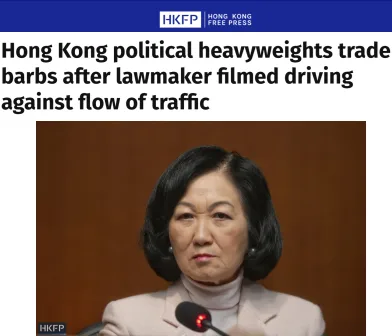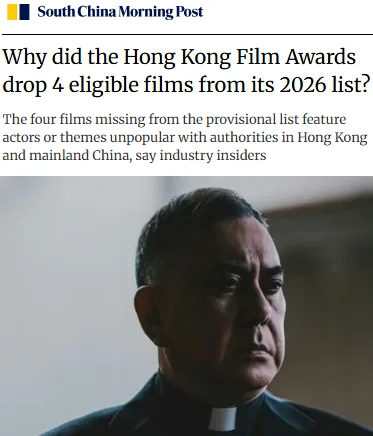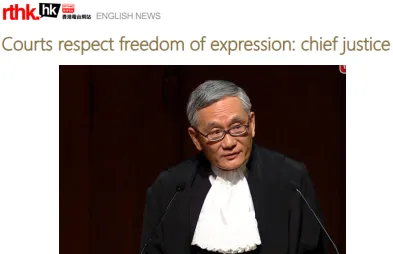Co-founder of Value Partners Cheah Cheng Hye sort of calls for democratic reforms at the Hong Kong Capital Markets Forum…
The Malaysian-born former fund manager — once dubbed “Asia’s Warren Buffett” — questioned that achieving “stability” alone could “make Hong Kong great again,” during a speech on Wednesday at the Hong Kong Capital Markets Forum.
Among other ideas, Cheah — who built Value Partners into a multi-billion dollar stock-picking powerhouse — proposed the city should again consider a one-person, one-vote system for electing its leader to unleash the finance hub’s full potential.
“We need to pivot away from national security to economic and social reforms. Over time, I expect an important solution to emerge. I am referring here to electoral reform,” Cheah said. His audience of about 300 people included at least one senior official from the Chinese Liaison Office in Hong Kong and Regina Ip, convener of the city leader’s Executive Council.
……Cheah’s comments stand out in a city where public debate around sensitive political issues has declined since Beijing imposed a national security law in 2020…
After it returned to Chinese rule, Hong Kong’s leader has long been chosen by a small Election Committee ranging from hundreds to the current 1,500 members.
(Not true: Beijing picks the leader, and the Election Committee pretends to vote for that person, assuming the ballot has more than one candidate.)
A 2014 plan to adopt universal suffrage was opposed by pro-democracy lawmakers and activists, who said nomination rules would pre-screen candidates before voting.
New ideas for Hong Kong need the “buy-in” of society, Cheah said, arguing that universal suffrage would give the city’s leader “a mandate from the people.” His suggestions included restructuring the city’s tax base that depends on land sales and stock market stamp duty, as well as allowing licensed casinos in order to boost local nightlife.
Cheah argued that geopolitical conditions had turned favorable for Hong Kong to reconsider reforms that had previously stoked public unrest. With the West losing credibility, “we now need to worry a lot less” about the trauma of the 2019 protests, he said. Hong Kong can start from the 2014 proposal that was “not Western-style democracy but a hybrid version,” Cheah said.
Cheah is one of very few business people willing to point out that the lack of representative government in Hong Kong is a problem. But the 2014 proposal was simply the same model as before – Beijing would choose the ‘winner’ (or two for appearances’ sake) and the (whole) electorate could vote. There would be as little choice as in the current all-patriots LegCo polls. You can’t have real elections and a Leninist system.
(Whatever happened to Cheah’s interesting sidekick at Value Partners V-Nee Yeh, a former Marxist who would eat only once a day to save time?)
In fairness, the patriots-only LegCo does show an occasional glimpse of pluralism. Specifically, an argument breaks out between factions who believe lawmakers may drive on the wrong side of the road and those who don’t.










